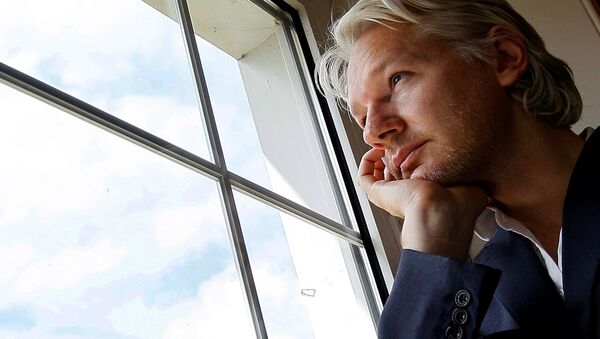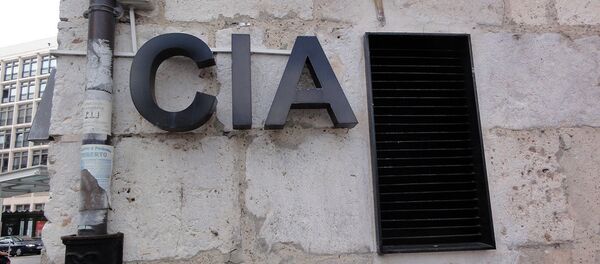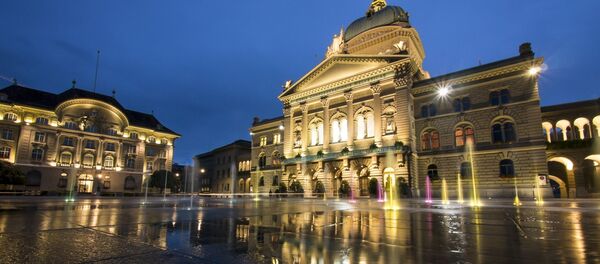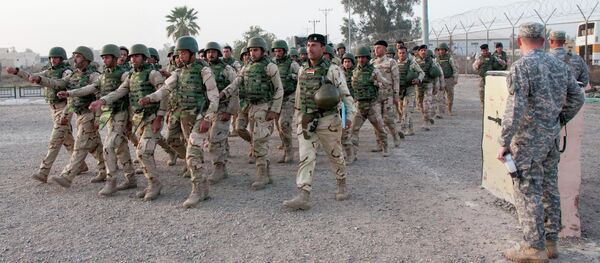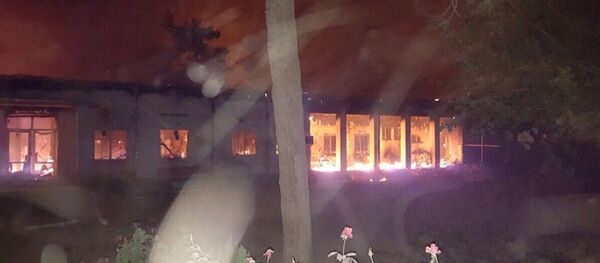Panama Papers
The leak of the Panama Papers, 11.5 million confidential documents with detailed information about over 200,000 offshore companies, were illegally disclosed by an unnamed source who had access to the Panama-based Mossack Fonseca law firm. The leaked documents reveal how wealthy businessmen, including public officials from a number of countries, hid their money from the public eye using a complex system of offshore companies, banks, law firms and other third parties.
Last Tuesday, the Panama Papers claimed its first victim, when Iceland's then Prime Minister Sigmundur Gunnlaugsson resigned from his post.
According to WikiLeaks, the leak was an information attack against Russia and personally against President Vladimir Putin.
WikiLeaks also said that the so-called Panama Papers leak was funded by the US Agency for International Development (USAID) alongside George Soros' Open Society Foundation.
"#PanamaPapers Putin attacks was produced by OCCRP which targets Russia and former USSR and was funded by USAID and Soros," WikiLeaks wrote.
Swissleaks
The International Consortium of Investigative Journalists (ICIJ) released information about bank accounts in Switzerland allegedly operating to help tax evaders with the knowledge of the British bank HSBC.
Following the scandal, French authorities launched a criminal investigation against HSBC in connection with the bank's conduct. The scandal was dubbed as the biggest leak in Swiss banking history.
Cableleaks
On November 28, 2010, WikiLeaks released classified cables from 274 American embassies and consulates around the world sent to the US State Department. The classified files contained some sensitive diplomatic information, such as how the US government instructed its officials to spy on high-ranking UN personnel, including Ban Ki-Moon, and Saudi leaders urging Washington to bomb Iran.
The incident caused an international uproar. Then US Secretary of State Hillary Clinton said the leaks were a "threat to global security." New York Congressman Peter King wanted WikiLeaks founder Julian Assange to be prosecuted under the US Espionage Act and label WikiLeaks as a terrorist organization.
Apache Helicopter Shooting in Iraq
WikiLeaks released a video showing a US Apache helicopter shooting and killing civilians in Iraq, including two Reuters correspondents who happened to be on the ground. The attack itself took place in July 2007.
Following the deadly incident, Reuters wanted to obtain the video using a freedom of information request; however the Pentagon blocked the attempt of the news agency. Later, WikiLeaks revealed that they had to break through encryption code set by the US military to view the footage.
US Army intelligence analyst Bradley Manning, who transferred the footage to WikiLeaks, was arrested and subsequently charged for illegally transferring classified data to an unauthorized source. Although WikiLeaks tried to protect Manning by hiring lawyers, they weren't allowed to have access to him.
Afghan War Diary
2010 was a major year for WikiLeaks when, in addition to US war crimes in Iraq, the organization disclosed a collection of US military documents from the war in Afghanistan. The Afghan War documents leak, also known as the Afghan War Diary, revealed over 91,000 classified documents leaked between January 2004 and December 2009.
After obtaining the classified US documents from the Afghan War, WikiLeaks sent the information to all major newspapers, including the Guardian, the New York Times and the German weekly Der Spiegel.

